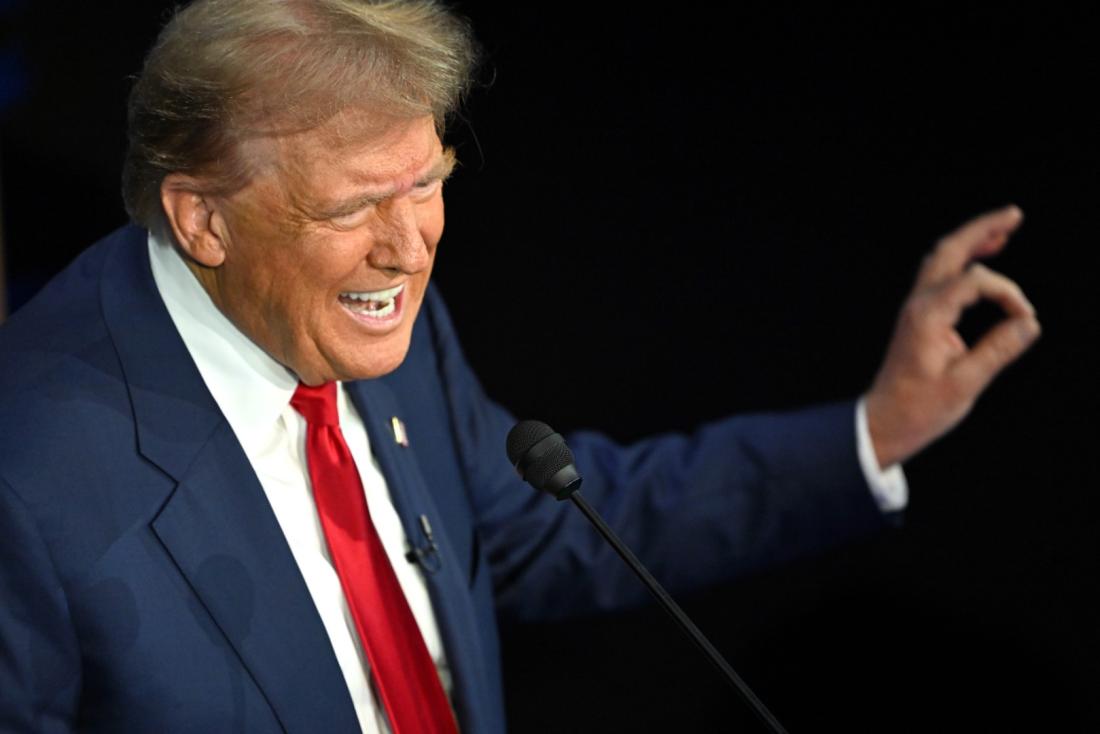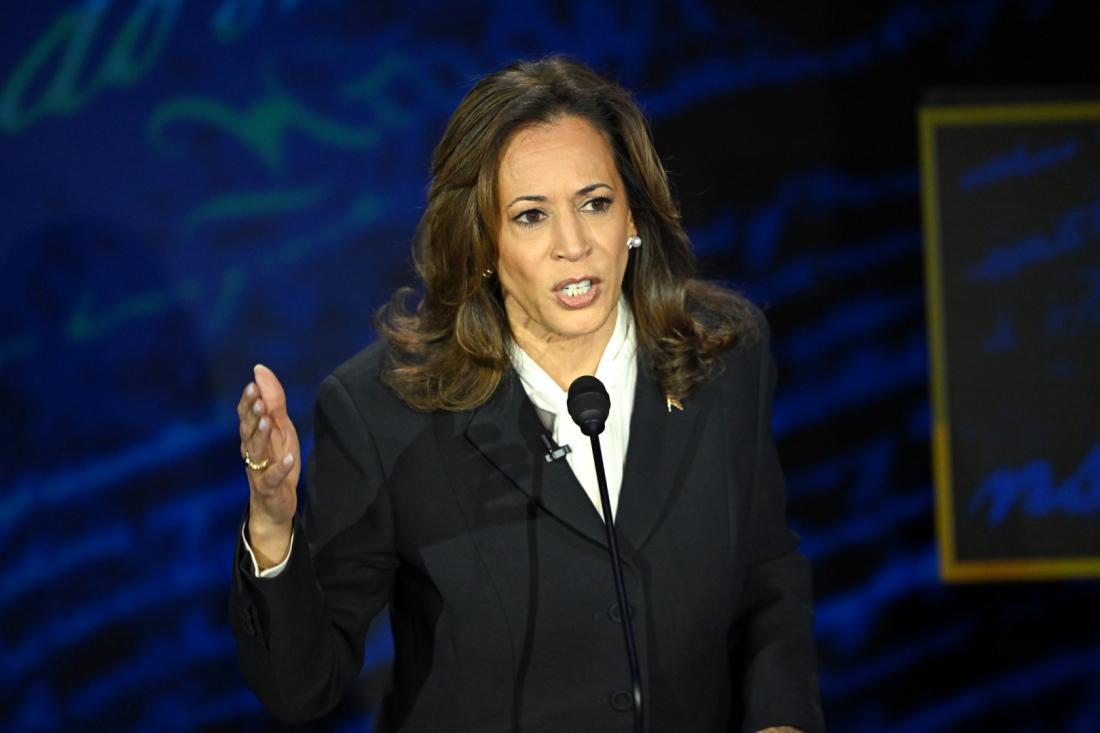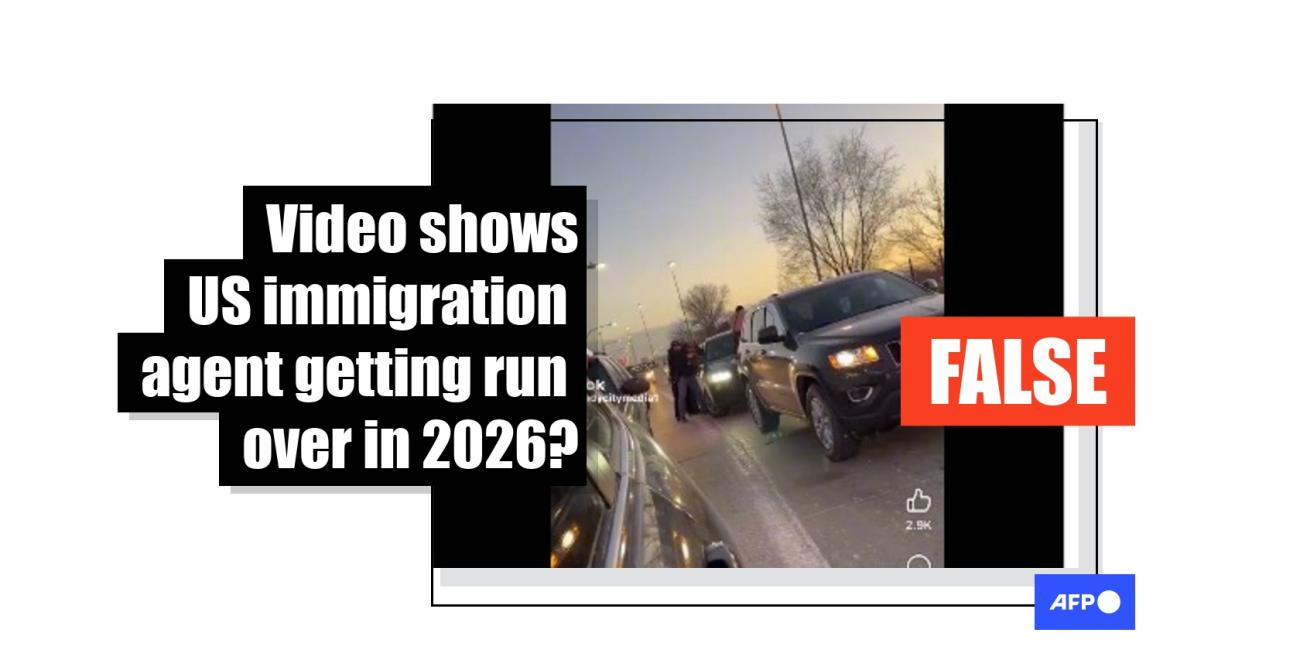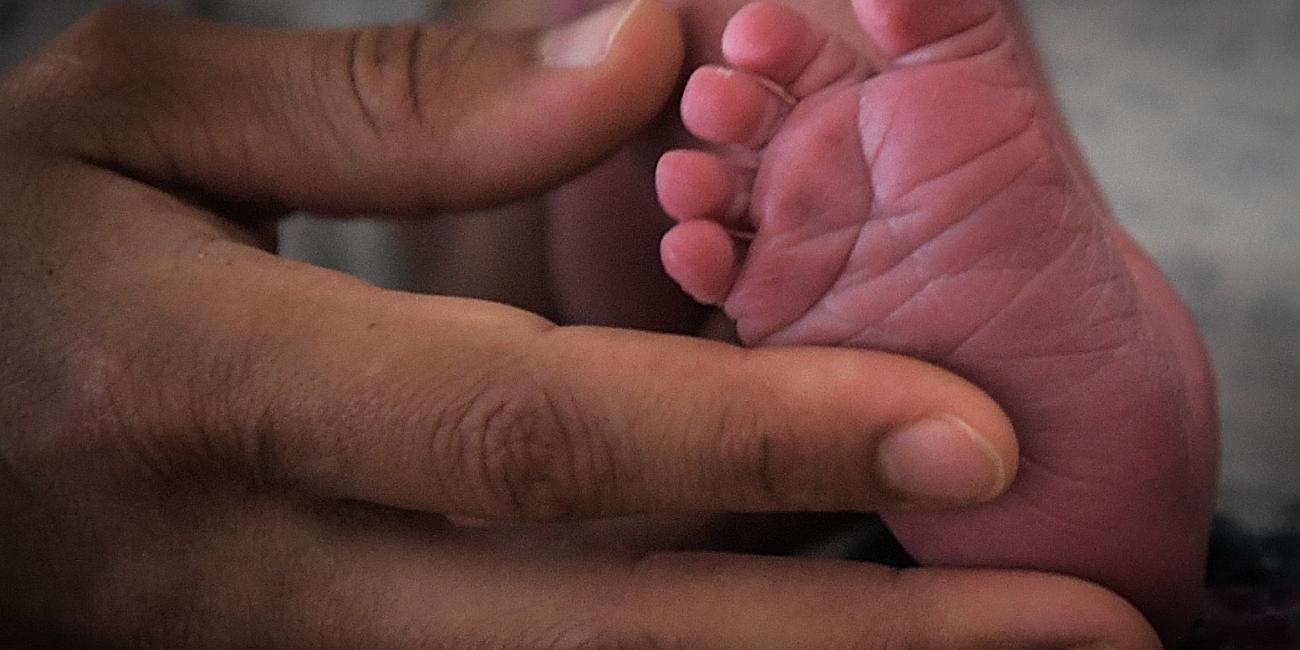
( AFP / SAUL LOEB)
Fact-checking Kamala Harris and Donald Trump’s presidential debate
- This article is more than one year old.
- Published on September 11, 2024 at 23:56
- 5 min read
- By Arthur MACMILLAN, Marisha GOLDHAMER, AFP USA
Harris, the US vice president and Democratic Party candidate, and Trump, the Republican nominee, traded claims about each other's record in office, as well as their plans if they emerge victorious after November 5's election.
AFP fact-checked the accuracy of what both contenders said on key issues.
The economy
Asked if Americans were better off than four years ago, Harris did not give a direct answer. She accused Trump of leaving Democrats "the worst unemployment since the Great Depression."
This is misleading. Joblessness did spike and reached 14.8 percent in April 2020 as the coronavirus pandemic shut down the United States (archived here), but by the time Trump left office unemployment was a much lower 6.4 percent.
Harris said she would offer families a tax credit of up to $6,000 for each eligible child, as well as a $50,000 tax deduction for small businesses, if she succeeds President Joe Biden in the Oval Office. She claimed Trump would favor billionaires and corporations over anyone else, and said the former president planned a sales tax that would hurt ordinary Americans.
Trump countered by saying the Biden administration ushered in the highest inflation in US history, quoting figures of 21 percent and as high as 50 percent and 80 percent on some goods.
This is false. Inflation, which stood at 2.9 percent when the candidates debated (archived here), peaked at 9.1 percent under Biden in 2022 (archived here) -- but this was well below a historic high of 23.7 percent in 1920.
Trump denied he would impose a sales tax but conceded that other countries would face trade tariffs at a minimum of 10 percent. Experts say tariffs amount to a tax on consumers, who end up paying extra as the costs are passed on to them.
Immigration and 'migrant crime'
Trump falsely claimed "millions and millions" of people "from mental institutions and insane asylums" in countries such as Venezuela are entering the United States and committing crimes. He also re-aired a baseless viral claim that migrants are eating pets in places including Springfield, Ohio.
"In Springfield, they're eating the dogs, the people that came in, they're eating the cats. They're eating the pets of the people that live there. And this is what's happening in our country."
Police and local authorities say there are no credible reports of such animal killings.

(AFP / SAUL LOEB)
US violent and property crimes are near their lowest levels in decades, according to FBI data from 2022, the most recent full year for which figures are available (archived here).
A June 2023 study found a decline in incarceration rates among immigrants from all regions since 1960 (archived here). Other research has found migrants commit fewer violent crimes than US citizens (archived here and here).
FBI statistics from the first three months of 2024 also show a 15 percent decrease in violent and property crime year-over-year (archived here).
Illegal immigration during Trump's administration was higher than under former president Barack Obama's two terms (archived here). Encounters along the US-Mexico reached a historic high during the Biden administration earlier this year, but they have fallen since a June executive order (archived here).
Harris said Trump put politics above policy by ordering Republican lawmakers in February to kill a bipartisan bill that would have toughened policies at the southern US border, effectively denying Democrats a win on immigration in an election year.
Abortion
Trump, who appointed three conservative judges to a Supreme Court that overturned Roe v Wade, the precedent that guaranteed abortion access, called Democrats "radical" on the issue. He claimed vice presidential candidate Tim Walz, the governor of Minnesota, supports "execution after birth -- it's execution, no longer abortion -- because the baby is born is okay, and that's not okay with me."
Trump's claim is false.
Debate moderator Linsey Davis corrected him, saying: "There is no state in this country where it is legal to kill a baby after it's born."
Harris further rebutted Trump, saying: "Nowhere in America is a woman carrying a pregnancy to term and asking for an abortion. That is not happening."
The vast majority of abortions conducted in the United States take place at or before 13 weeks of gestation, according to data from the Centers for Disease Control and Prevention (archived here). In 2021, just one percent of abortions were performed at or after 21 weeks, and these rare procedures are only available in a handful of states.
Following the June 24, 2022 US Supreme Court ruling in Dobbs v Jackson, the Minnesota legislature passed several bills enshrining the right to reproductive health care such as fertility services and abortion. Walz signed them, and he and Harris are campaigning on a promise that she will sign similar bills for federal protections if Congress passes such legislation.
Harris claimed: "If Donald Trump were to be reelected, he will sign a national abortion ban."
The New York Times reported in February 2024 that Trump favored a 16-week national ban, leaving exceptions for rape, incest or to save the life of the pregnant individual. But the former president said on the debate stage that he is "not signing a ban" and that the issue is with the states.
Ukraine
During a testy exchange on Ukraine, Trump called Harris "the emissary," saying she tried to avert the war by negotiating with Russian President Vladimir Putin and Ukrainian President Volodymyr Zelensky.
"They sent her to negotiate peace before this war started. They sent her in to negotiate with Zelensky and Putin. And she did and the war started three days later."

This is false -- Harris did not meet Putin, and she called Trump's claim a lie. As vice president, she did meet Zelensky at the Munich Security Conference in the days before Russia invaded Ukraine in February 2022.
Health care
Trump said during the debate that he "saved" Obamacare, a law officially known as the Affordable Care Act that ensured health care benefits for previously uninsured Americans.
"I had a choice to make: Do I save it and make it as good as it can be, or do I let it rot? And I saved it," Trump said.
This is misleading -- as president, Trump vowed to repeal and replace the landmark reform put in place by his predecessor. But he repeatedly failed to do so, with attempts in Congress coming up short.
He frequently promised to devise a better plan. But never did, so the Affordable Care Act survived.
Harris said she supports private health care options but backs the Affordable Care Act, adding that Trump tried to eliminate it "60 times."
This number is disputed.
Although Trump in 2017 urged congressional Republicans to repeal and replace major portions of Obamacare, many such efforts predated his election. Some estimates put the number of attempted repeals as high as 100.
During the debate, Trump said he did not have a ready-to-go health care proposal.
"We are looking at different plans. I have concepts of a plan. I'm not president right now. You'll be hearing about it in the not-too-distant future."
Copyright © AFP 2017-2026. Any commercial use of this content requires a subscription. Click here to find out more.
Is there content that you would like AFP to fact-check? Get in touch.
Contact us




